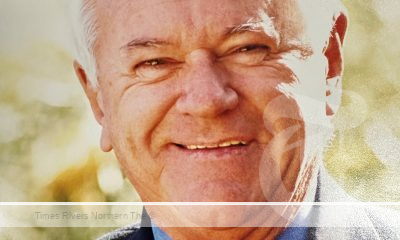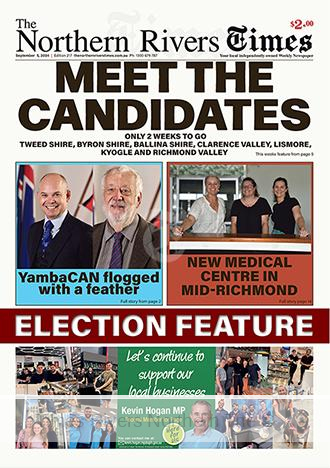Sexual health of people living with dementia needs to be considered in aged care
At least some of the 50 sexual assaults reported in aged care homes every week under the Serious Incident Response Scheme may be consensual, according to US sexologist Dr Nathalie Huitema.
Dr Huitema, who advocates for universal sexual consent guidelines for people living with dementia in long term care, is a keynote speaker at the International Dementia Conference, to be held in Sydney on September 5 and 6, with an address, Sex on the brain – the battleground of consent, privacy and personal rights.
Due to ageism, sexual and intimate behaviour considered normal in broader society is often categorised as abnormal and unacceptable in residential aged care, she says.
Cognitive impairment accompanying dementia further complicates the question of consent.
“Older adults in long term care need an environment that affirms and promotes sexual health,” she said,
“So, it is crucial for care staff and managers to recognise their vital role in supporting the sexual health of residents.”
Dr Huitema, a US-based sexologist and psychologist, is a world leader in the development of guidelines for sexual consent for people living with dementia in residential aged care.
Unlawful sexual contact or inappropriate sexual conduct in residential aged care homes in Australia are reportable incidents under the Serious Incident Response Scheme (SIRS).
Dr Huitema believes a significant number of the approximately 50 SIRS every week involving sex may be consensual. There were 2320 Priority 1 incidents for unlawful sexual contact or inappropriate sexual conduct in the most recent 2023-24 period.
“I advocate for a more dementia-friendly approach, where older adults with dementia are considered autonomous individuals with personal needs and wants,” she says from Massachusetts.
“Many people wrongly think that cognitive decline means you can’t give sexual consent.
“But studies show that the brain area responsible for attachment, love, and lust is actually quite basic, which challenges the idea that high-level thinking is needed for love and intimacy.
“I hope Australian healthcare is ready to focus on potential instead of deficits, promoting sexual well-being and overall quality of life.
“By understanding that individuals retain their emotional depth, we can better appreciate their full humanity, ensure they live with dignity and respect, and allow them to express their love and attachment to others.”
Dr Huitema acknowledges the change in attitudes to sexuality in residential care that she advocates calls for staff training, guidelines, implementation, time and effort.
“Staff training will enhance a positive attitude towards sexuality and guidelines will support staff in implementing a positive attitude to sexuality in daily work with residents, and family,” she said.
“We all need closeness, friendships, love, and intimacy, throughout our whole lifetime. Even in our golden years, even when we have cognitive issues.
“Sexual health is fundamental to the overall health and well-being of older adults, as it can elevate mood, improve cardiac health, and reduce pain, among other benefits.
“Depriving older adults of that seems almost counterproductive to what healthcare stands for.”
Dr Huitema’s interest in older people’s sexuality and rights arose when she worked as a psychologist in Netherlands nursing homes, leading to sexology training and her doctoral thesis on determinants of sexual consent for people living with dementia in long term care.
“As far as I know I’m the first person to do research on the determinants of sexual consent in older adults with dementia,” she said.
Dr Huitema will speak and lead a panel discussion at IDC2024 on September 5, Day 1 of the two-day international conference in Sydney.
For more health news, click here.





 Tweed Shire News2 years ago
Tweed Shire News2 years ago
 Motoring News1 year ago
Motoring News1 year ago
 COVID-19 Northern Rivers News3 years ago
COVID-19 Northern Rivers News3 years ago
 COVID-19 Northern Rivers News3 years ago
COVID-19 Northern Rivers News3 years ago
 Northern Rivers Local News3 years ago
Northern Rivers Local News3 years ago
 Health News3 years ago
Health News3 years ago
 COVID-19 Northern Rivers News3 years ago
COVID-19 Northern Rivers News3 years ago
 NSW Breaking News3 years ago
NSW Breaking News3 years ago
































